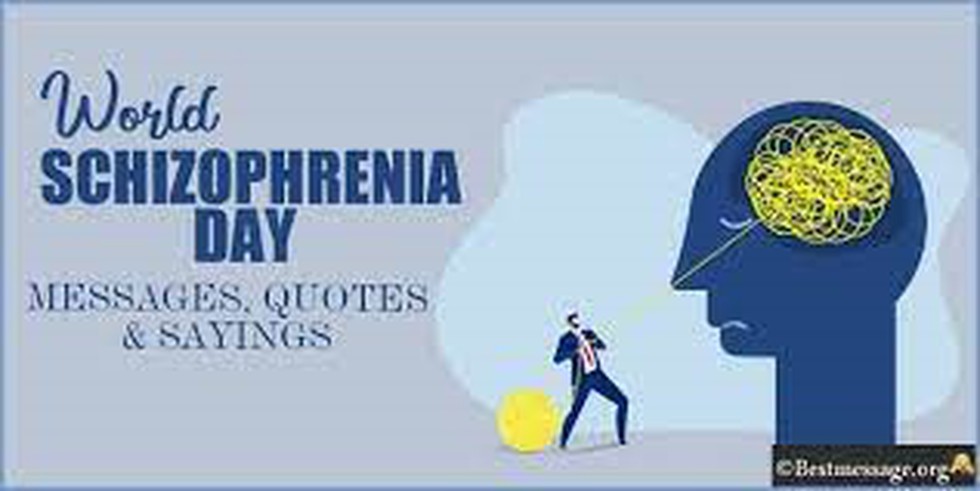About Schizophrenia:
- Schizophrenia is a chronic, severe mental disorder that affects the way a person thinks, acts, expresses emotions, perceives reality, and relates to others.
- It mostly affects young adults in the productive age group.
- One in every 100 people experiences schizophrenia and men are twice as likely to develop this condition as compared to women.
Symptoms of Schizophrenia:
- Schizophrenia symptoms can differ from person to person, but they generally fall into three main categories: psychotic, negative, and cognitive.
- Psychotic symptoms include Hallucinations, Delusions, thought disorder, Movement disorder.
- Negative symptoms include loss of motivation, loss of interest or enjoyment in daily activities, withdrawal from social life, difficulty showing emotions, and difficulty functioning normally.
- Cognitive symptoms include problems in attention, concentration, and memory.
Risk factors for schizophrenia:
- Genetics: Schizophrenia sometimes runs in families. However just because one family member has schizophrenia, it does not mean that other members of the family also will have it.
- Environment: Research suggests that a combination of genetic factors and aspects of a person’s environment and life experiences may play a role in the development of schizophrenia.
- Brain structure and function: Research shows that people with schizophrenia may be more likely to have differences in the size of certain brain areas and in connections between brain areas.
Treatment:
- Though there is no cure for schizophrenia,
- A variety of antipsychotic medications are effective in reducing the psychotic symptoms present in the acute phase of the illness.
- Psychological treatments such as cognitive behavioral therapy or supportive psychotherapy may reduce symptoms and enhance function.
